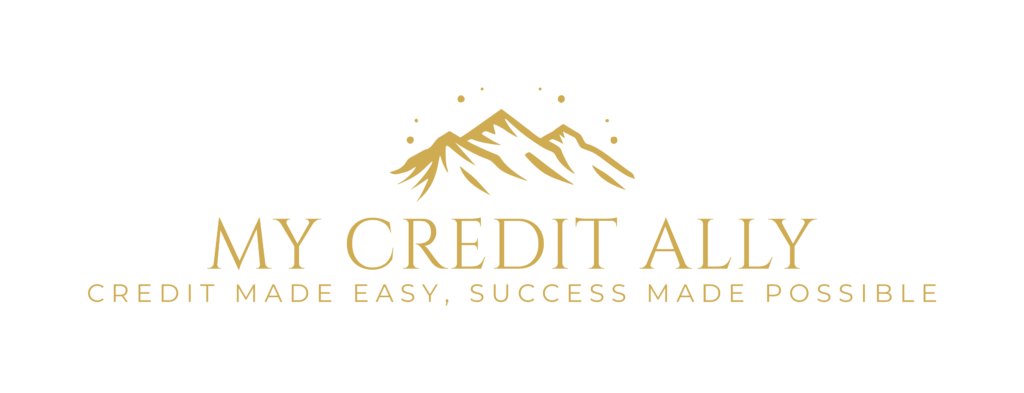Top 10 Credit Questions for Beginners
A credit score is a three-digit number, typically ranging from 300 to 850, that represents your creditworthiness. Lenders use it to assess the risk of lending you money. A higher score can lead to better loan terms and interest rates.
You can obtain a free credit report annually from each of the three major credit bureaus—Equifax, Experian, and TransUnion—by visiting AnnualCreditReport.com. Some banks and credit card companies also provide free credit scores to their customers.
Key components include:
- Payment history (35%): Timely payments boost your score.
- Amounts owed (30%): Keeping balances low relative to credit limits is beneficial.
- Length of credit history (15%): Longer histories can improve scores.
- Credit mix (10%): A variety of credit types (e.g., credit cards, loans) is favorable.
- New credit (10%): Frequent applications can lower your score.
Consider starting with:
- Secured credit cards: Require a deposit and can help establish credit.
- Credit-builder loans: Small loans where payments are reported to credit bureaus.
- Authorized user status: Being added to someone else’s credit card can help build history.
Aim to use less than 30% of your available credit. For example, if your credit limit is $1,000, try to keep your balance below $300.
Checking your own credit score is a “soft inquiry” and does not impact your score. However, “hard inquiries,” such as those from lenders during credit applications, can slightly lower your score.
Most negative information, like late payments or collections, remains on your credit report for up to seven years. Bankruptcies can stay for up to ten years.
Different credit bureaus and scoring models (like FICO and VantageScore) may have varying information and criteria, leading to different scores.
It’s advisable to review your credit report at least once a year to ensure accuracy and to monitor for any signs of identity theft.
Yes, options include secured credit cards or becoming an authorized user on someone else’s account. Some issuers also offer starter credit cards designed for those new to credit.
Understanding these basics can set you on the right path to building and maintaining good credit. If you have more questions or need further guidance, feel free to ask!
